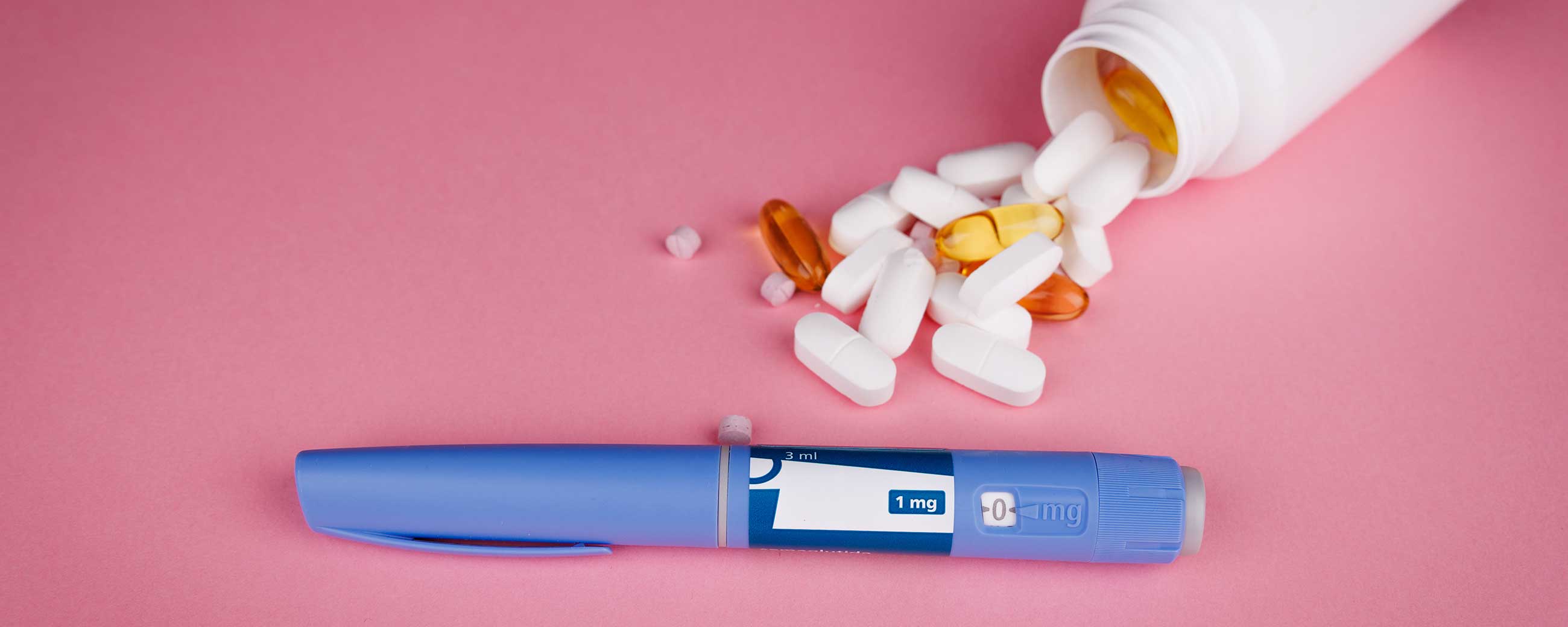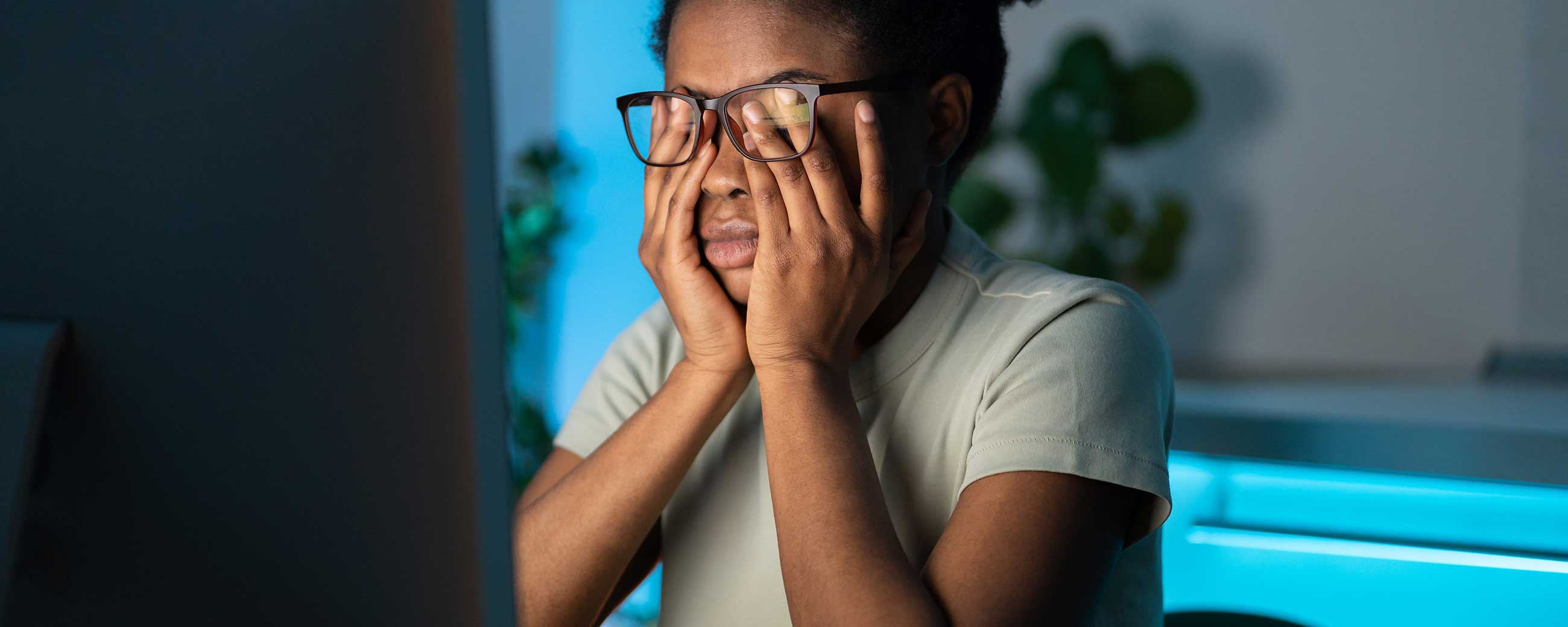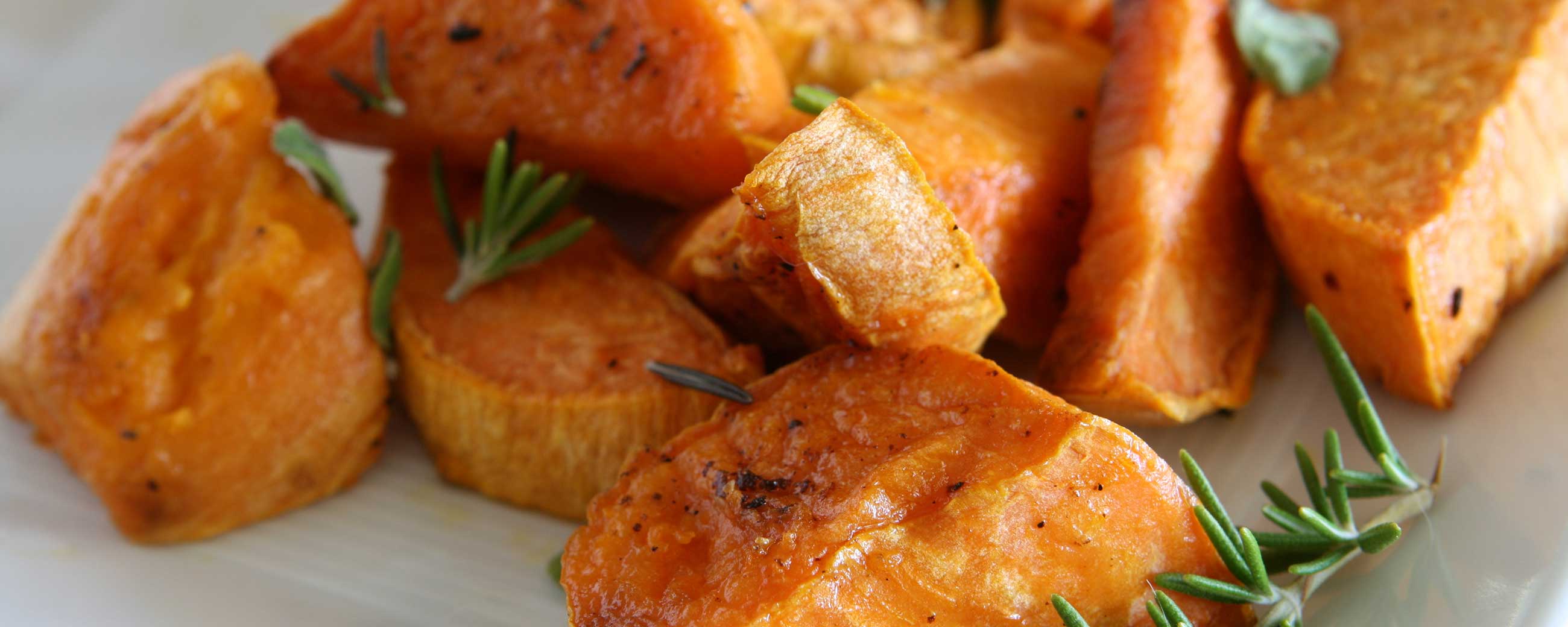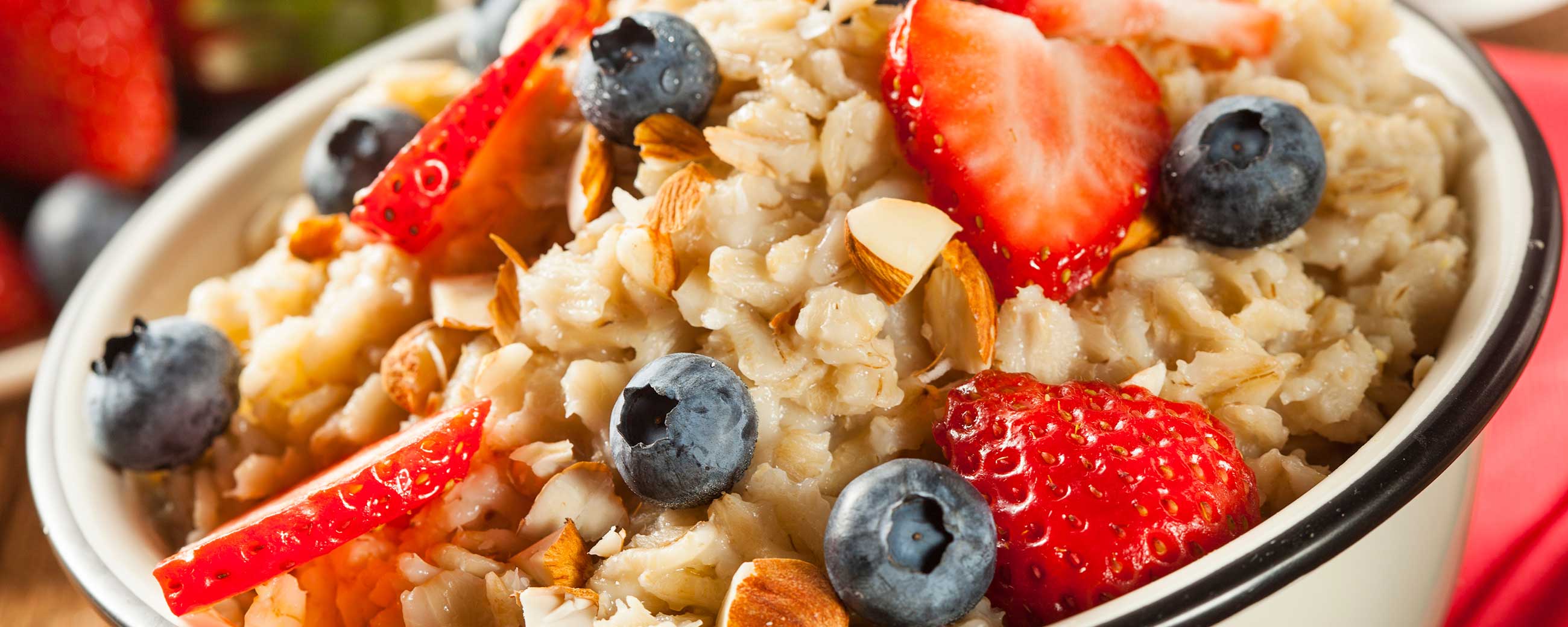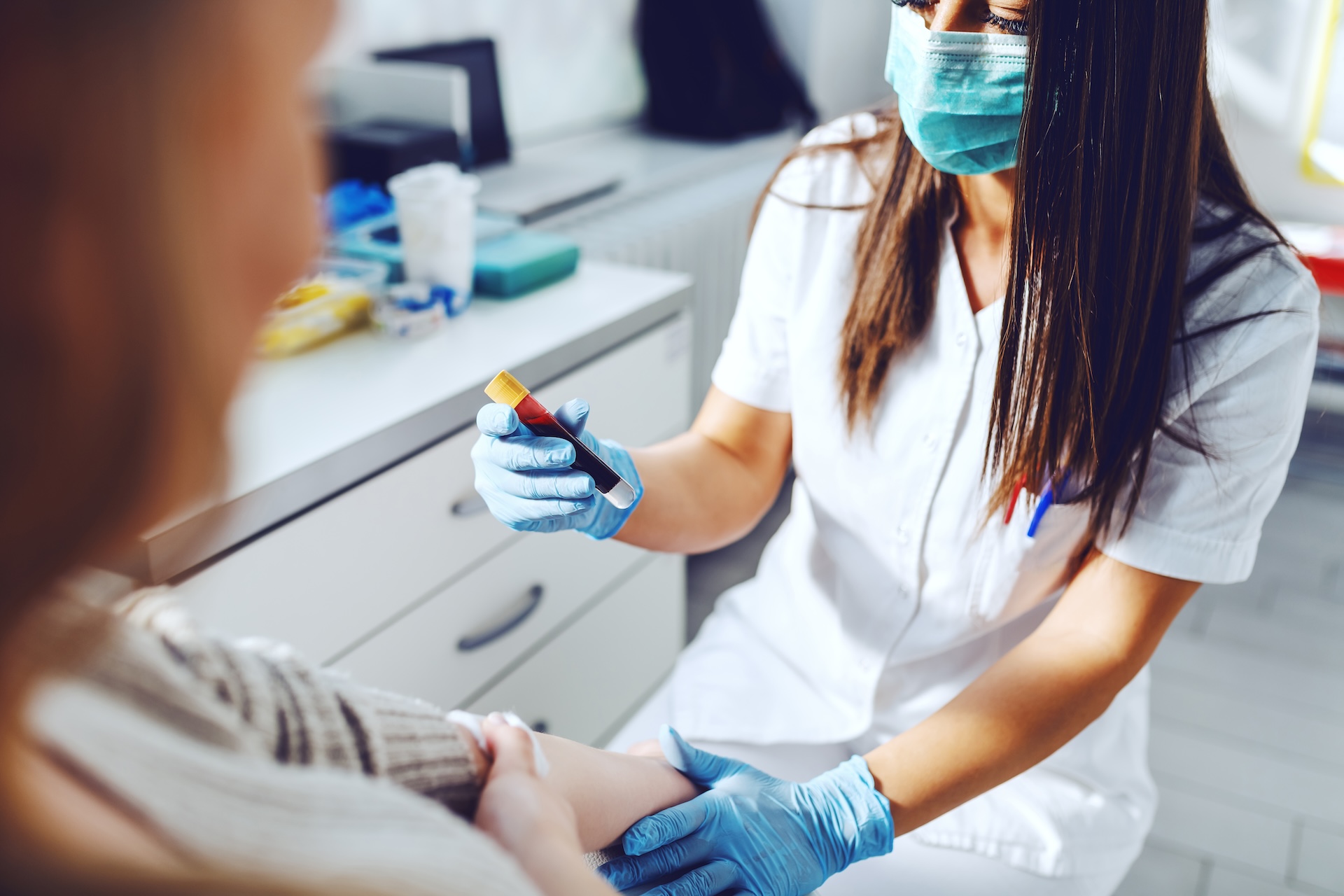
What to Eat or Drink Before a Glucose Test

A blood glucose test could save your life. Just ask Virta member Jonathan, who attended a health fair that offered a blood glucose test that led him down the path first to a diabetes diagnosis, then dropping 75 pounds and achieving better metabolic health through Virta.
Glucose tests measure the amount of sugar in your blood. High glucose levels can be a sign of a medical condition like diabetes, but your levels can also be elevated for dietary reasons, which is why different blood glucose tests (but not all) sometimes require fasting.
Confused? Don’t be. Taking a glucose test is pretty simple, and your doctor will tell you whether you need to fast or not before the procedure. Here’s a breakdown on the different types of glucose tests.
How to prepare for a glucose test
Fasting glucose test
A fasting glucose test is used to screen for prediabetes, and type 2 diabetes. It checks the amount of glucose in your blood after you’ve been fasting, or haven’t eaten for between 8-12 hours. Your provider may order a fasting glucose test as part of your yearly physical exam, if you’re pregnant with type 2 diabetes, if you have symptoms or risk factors of diabetes, or if you had a previous high blood glucose reading.
During this test, a healthcare provider will draw blood, typically from a vein in your arm. They’ll then send the blood sample to a lab for testing. In some cases, a provider might use a finger prick test instead.
What to Eat or Drink before the fasting glucose test: You’ll need to fast for 8 to 12 hours before this test for accuracy and to eliminate the chance of a post-meal spike. Check with your provider for specific instructions.
Hemoglobin A1C (HbA1c) test
An HbA1c test determines your average blood sugar level over the past two to three months.. High HbA1C levels may mean you have diabetes. Your provider may order this test as part of your annual physical if you had a previous high glucose reading, risk factors that make you more likely to develop diabetes, or if you have symptoms of diabetes.
During an HbA1c test, a provider will draw blood from your arm and send the sample to a lab for testing. You don’t need to fast before an HbA1c test, because the test measures the average amount of glucose that has stuck to your blood cells (or become glycated) over a period of months. Glucose sticks to red blood cells permanently, but since these cells only live for about three months, this one test can give an accurate picture of your glucose levels over the same range of time, making it very useful for detecting metabolic diseases like type 2 diabetes.
What to eat or drink before the HbA1c test: You can eat or drink anything before as long as there are no other tests that need fasting. You can do this with or without food so ask your provider.
Glucose challenge test
A glucose challenge test is used to screen for gestational diabetes.. During a glucose challenge test, you’ll be asked to drink a glucose-containing beverage. After an hour, a provider will take a blood sample to test your blood glucose level. This is typically completed fasting.
What to eat or drink before the Glucose Challenge test: Water only for 8-12 hours before.
Oral glucose tolerance test
An oral glucose tolerance test is not used in regular practice unless screening for gestational diabetes. Once you arrive at your appointment, a provider will take a blood sample. You’ll then be asked to drink a beverage containing glucose. After that, your blood will be tested every hour for two to three hours. This test is used to confirm a diagnosis of gestational diabetes during pregnancy.
What to eat or drink before the Glucose Tolerance test: Water only for 8-12 hours before.
To fast or not to fast: What should I eat or drink the night before my test?
If you’re wondering what to eat before a glucose test or if you can drink water before a glucose test, here’s the scoop: Your provider will tell you whether or not you need to fast before your particular test. If you don’t receive any instructions, contact their office for more information.
If your healthcare provider orders an oral glucose tolerance test or fasting blood glucose test, you should avoid any food or beverages (other than water) for eight to 12 hours before the test.
However, regardless of the test you take, it is important to stay hydrated. Always make sure to drink plenty of water.
The Takeaway
Regardless of what kind of test you take, if your glucose levels are elevated, Virta Health may be able to help. By making healthy lifestyle changes in a medical setting with supportive resources like 1:1 virtual coaching, you can regain control of your health and feel like yourself again. See if you’re eligible for Virta Health here.
This blog is intended for informational purposes only and is not meant to be a substitute for professional medical advice, diagnosis, or treatment. Always seek the advice of your physician or other qualified health provider with any questions you may have regarding a medical condition or any advice relating to your health. View full disclaimer
Are you living with type 2 diabetes, prediabetes, or unwanted weight?



